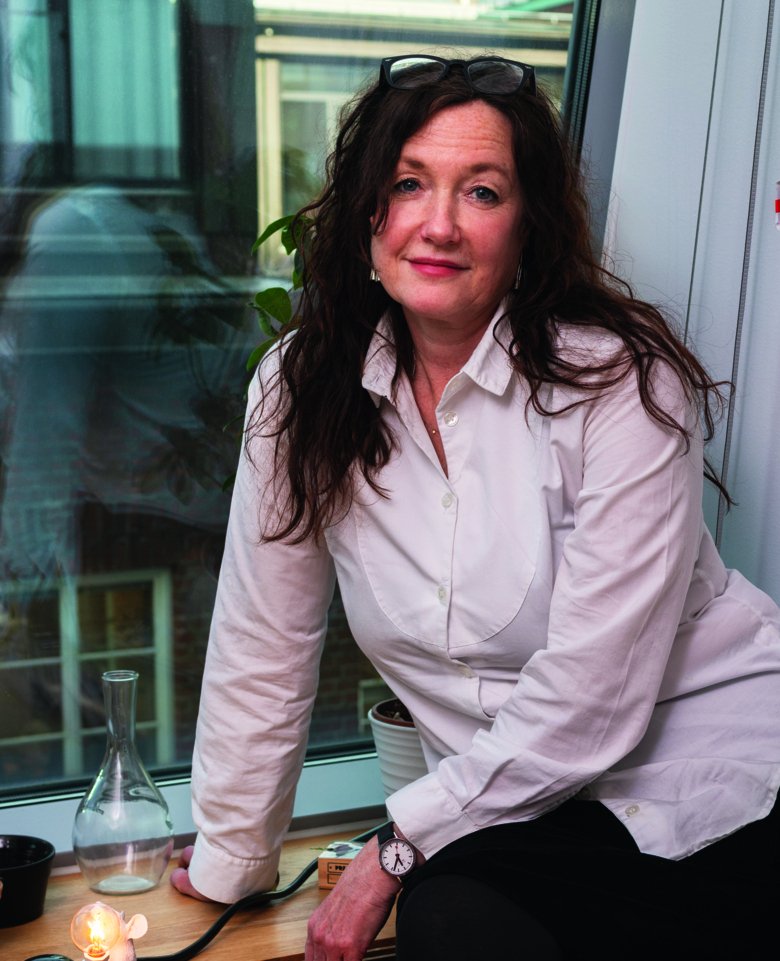What counts as sex addiction?
Masturbation for hours on end and obsessively looking at internet porn – that is how it can be for those suffering from hypersexuality. A new study is set to examine the brains of those affected.
Text: Anna Molin, first published in Swedish in the magazine Medicinsk Vetenskap no 4/2019.
Hello there Katarina Görts-Öberg, researcher at the Department of Medicine, Huddinge, Karolinska Institutet and Head of Unit at Anova, an interdisciplinary centre for sexual health, reproduction and transgender medicine.

What is sex addiction, or hypersexuality?
“It is a behavioural disorder, also known as impulsive sexual behaviour disorder, which affects between 3–5 percent of the population, mainly men. It can involve everything from extensively looking at internet porn when masturbating to parallel casual sexual interactions or excessive consumption of sexual services, such as phone sex. Around half of those afflicted also have some sort of sexual deviation that may be illegal, such as paedophilia, exhibitionism or paying for sex. The common characteristics of the condition include losing control, taking big risks, and not stopping even though the behaviour has negative consequences.”
What causes the disorder?
“Preliminary results from a collaboration with Professor Jussi Jokinen at the Department of Clinical Neuroscience, Karolinska Institutet, indicate that the levels of a hormone called oxytocin might be involved, but we do not know exactly how. We also see the behaviour being used as a coping strategy to deal with feelings of discomfort, such as worry, stress and anxiety. Thrill-seeking might also be a driving factor.”
What could the consequences be?
“It affects every part of your life, such as relationships with family and friends, work and studies. For some, it can lead to committing crimes, and it can also have financial consequences, for example, if they pay for sexual services. I have met people who spend 40 hours a week thinking about, preparing and carrying out their sexual fantasies. That leaves little time for anything else, which can lead to dire consequences.”
Is it curable?
“Yes. There are effective CBT treatments, that can also be conducted over the internet, where we see a significant reduction in the patient’s preoccupation with sex compared to those who go untreated. The treatment is oriented around understanding which situations are problematic. For example, you get to analyse what you value in life and how much time you spend on your sexual behaviour, and then put these in relation to each other. There are preliminary results indicating that the drug Naltrexone, which is currently being used to treat alcoholism, can also help in the case of sex addiction. More studies are needed though.”
What do you hope to find out through your new study?
“We want to know if there are structural or functional properties in the brain that can be linked to hypersexual disorder. The aim is to get a better understanding of the neurobiological background of problems related to sexuality, and subsequently use this information to improve and develop specific treatment methods. The participants will, among other things, undergo an MRI scan that maps their brain.”
